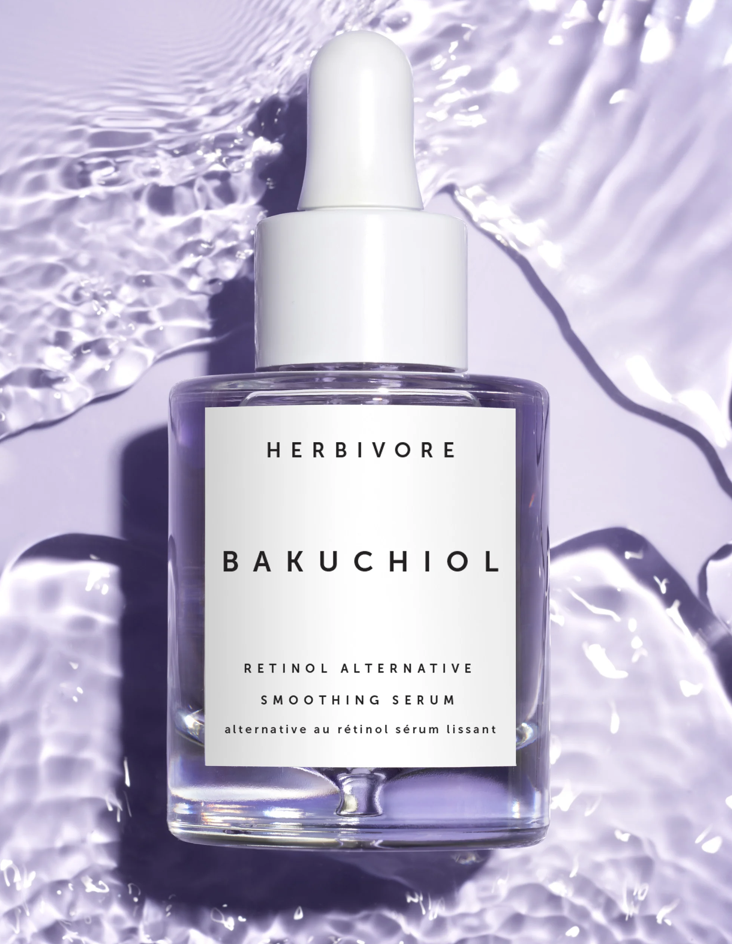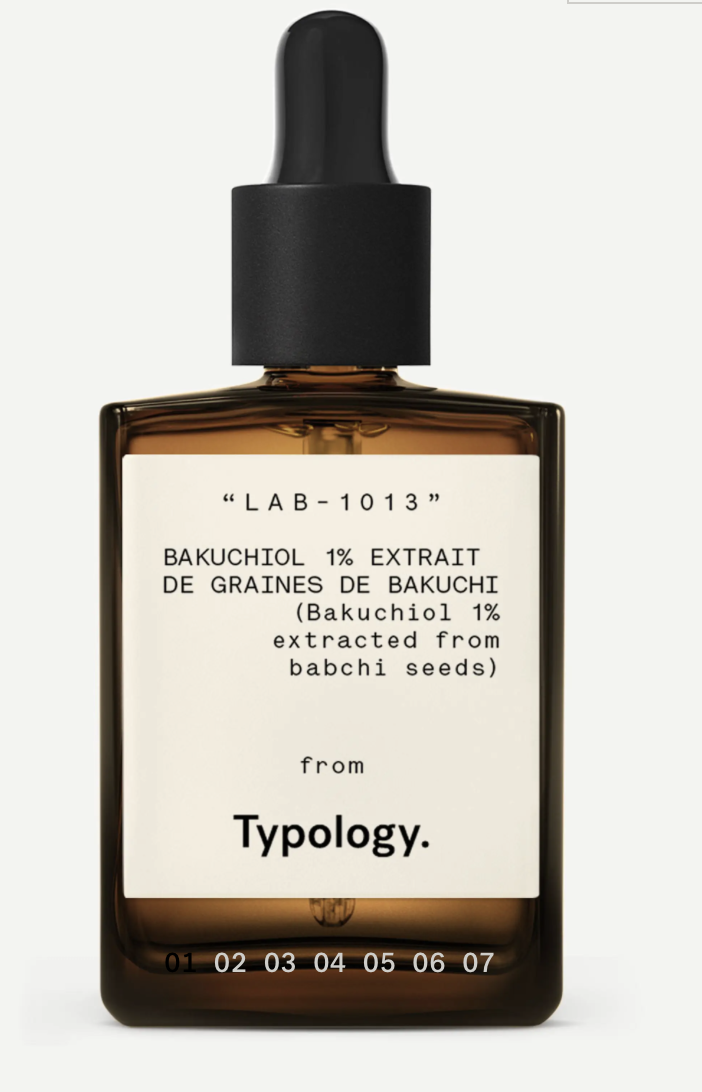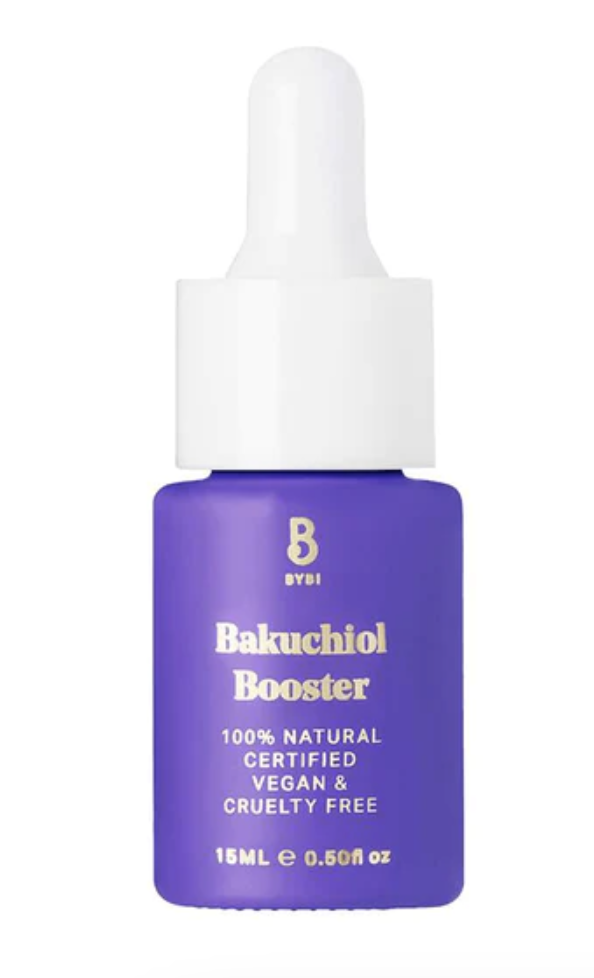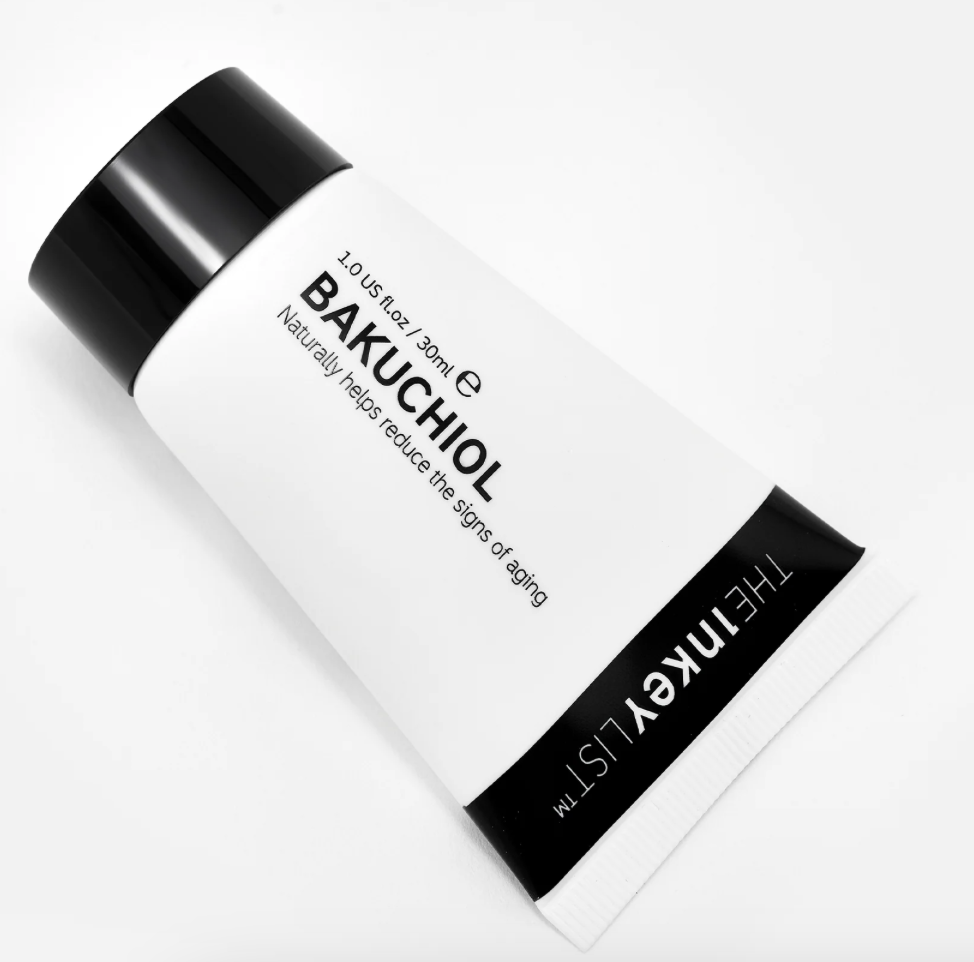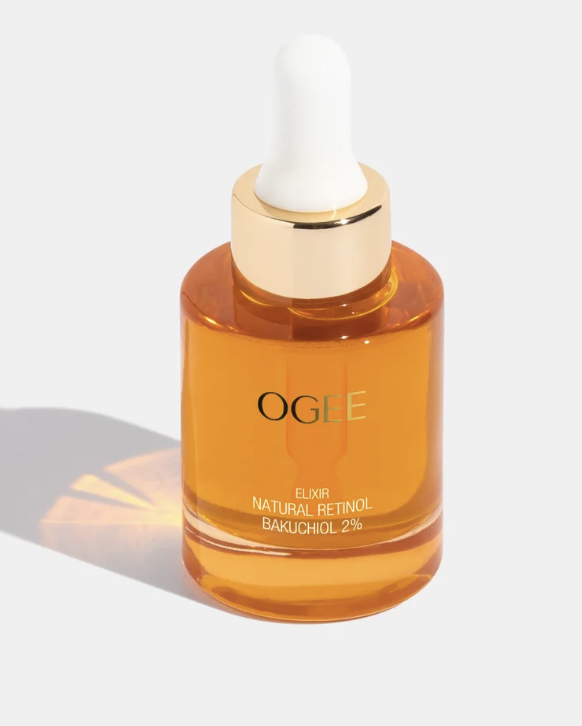Bakuchiol. Natures Retinol
Are you looking for youthful, radiant skin without resorting to harsh chemicals? Then natures retinol, also known as Bakuchiol may be the holy grail product you have been looking for. This natural botanical extract has been creating quite a buzz lately, touted as a gentle yet effective alternative to retinol. So, let’s explore the wonders of Bakuchiol and unlock its secrets to achieving a healthy, age-defying complexion. Say goodbye to wrinkles and hello to a more natural approach to skincare!
So What is Bakuchiol?
Bakuchiol is a compound derived from the seeds and leaves of the babchi plant (Psoralea corylifolia), which is native to India and other parts of Asia. It has been used in traditional medicine for centuries and has recently been studied for its potential skincare benefits.
One of the reasons bakuchiol has gained so much attention in the skincare world is because it is believed to offer many of the same benefits as retinol, which is a popular anti-aging ingredient. Retinol is a form of vitamin A that can help improve the appearance of fine lines, wrinkles, and sun damage. However, it can also be harsh on the skin, causing redness, dryness, and irritation.
Bakuchiol, on the other hand, is said to be gentler and less irritating than retinol, making it a popular choice for those with sensitive skin. It is also a natural and vegan ingredient, which appeals to those who are looking for cleaner and more eco-friendly skincare options.
The Benefits of Bakuchiol
Anti-aging: Like retinol, bakuchiol is believed to help improve the appearance of fine lines, wrinkles, and other signs of aging. It does this by stimulating collagen production, which can help plump up the skin and reduce the appearance of wrinkles.
Brightening: Bakuchiol is also said to help brighten and even out skin tone. It can help reduce the appearance of dark spots and hyperpigmentation, giving the skin a more youthful and radiant look.
Hydrating: Bakuchiol is believed to be a moisturizing ingredient, which can help hydrate and nourish the skin. It can help improve skin texture and reduce dryness, making it a great choice for those with dehydrated or mature skin.
Anti-inflammatory: Bakuchiol has anti-inflammatory properties, which can help calm and soothe the skin. This can be especially beneficial for those with sensitive or acne-prone skin, as it can help reduce redness and irritation.
How to Use Bakuchiol
If you're interested in trying bakuchiol, there are a few different ways to incorporate it into your skincare routine.
Look for products that contain bakuchiol: There are now many skincare products on the market that contain bakuchiol, including serums, moisturizers, and face oils. Look for products that contain a high concentration of bakuchiol (around 1-2%) for maximum benefits.
Use it in conjunction with other skincare ingredients: Bakuchiol can be used in combination with other skincare ingredients like vitamin C, niacinamide, and hyaluronic acid for added benefits.
Apply it at night: Like retinol, bakuchiol is best used at night, as it can make the skin more sensitive to sunlight. Apply it after cleansing and toning and follow up with a moisturizer to help lock in hydration.
Patch test first: As with any new skincare product, it's important to do a patch test first to make sure you don't have an adverse reaction. Apply a small amount of the product to your inner arm or behind your ear.
Here are some highly recommended products you can try.
Are there any products you shouldn’t mix with Bakuchiol
Bakuchiol is generally considered safe for topical use, but, it's always good to exercise caution when combining any new skincare product with existing products or treatments. Although there is limited information available regarding potential interactions with Bakuchiol, here are a few general considerations:
· Retinoids: Bakuchiol is often suggested as a gentler alternative to retinol, which is a type of retinoid. While Bakuchiol is not structurally similar to retinol, there is a theoretical possibility of interactions when used simultaneously. It's best to consult with a dermatologist or skincare professional to determine the compatibility of Bakuchiol with any retinoid-based products you may be using.
· Vitamin C: Bakuchiol and vitamin C are both known for their antioxidant properties. While there is no strong evidence suggesting negative interactions between Bakuchiol and vitamin C, some individuals may experience skin sensitivity or irritation when combining these ingredients. It's recommended to perform a patch test or introduce them gradually to assess your skin's reaction.
· Exfoliants: Bakuchiol is generally well-tolerated, but combining it with strong exfoliating agents, such as alpha-hydroxy acids (AHAs) or beta-hydroxy acids (BHAs), may increase the risk of skin irritation. If you're using any exfoliating products, it's advisable to introduce Bakuchiol slowly and monitor your skin's response.
· Prescription Medications: If you're using prescription medications for any skin condition, it's crucial to consult with your healthcare provider or dermatologist before incorporating Bakuchiol into your skincare routine. They can provide personalized advice based on your specific situation.
As always, it's important to patch test new products and observe your skin's reaction before applying them to larger areas.
Does it make your skin sensitive to the sun like retinol?
While bakuchiol doesn't increase sun sensitivity to the same extent as retinol, it's still important to be mindful of your sun exposure when using any kind of skincare product. Sun exposure can cause premature aging, hyperpigmentation, and other skin damage, so it's important to take steps to protect your skin on a daily basis.
When using bakuchiol or any other skincare product, it's a good idea to wear a broad-spectrum sunscreen with an SPF of at least 30, and to reapply it throughout the day as needed. You may also want to wear protective clothing, such as hats and long-sleeved shirts, to further protect your skin from the sun's rays.
So, have you tried it? Let me know in the comments!
If you are looking for more info- here are a few peer-reviewed studies on Bakuchiol:
This study compared the effects of Bakuchiol and retinol on facial photoaging. The results showed that both Bakuchiol and retinol significantly improved various signs of aging, such as wrinkles, pigmentation, and elasticity. Bakuchiol demonstrated comparable efficacy to retinol with a better tolerability profile.
This study investigated the anti-aging effects of Bakuchiol using gene expression profiling. The findings suggested that Bakuchiol modulates multiple genes and proteins involved in skin aging, leading to improvements in wrinkles, firmness, and overall appearance. The study concluded that Bakuchiol is a functional compound with retinol-like effects.





